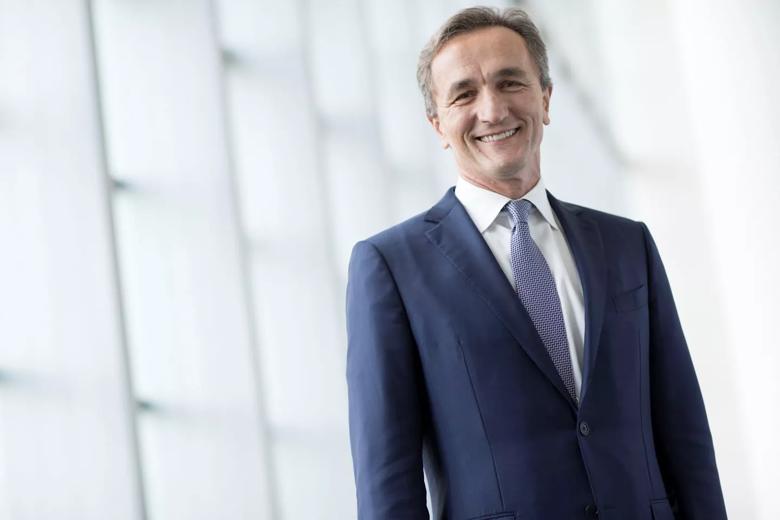

Image content: This image is available to view online.
View image online (https://assets.clevelandclinic.org/transform/a0a8f6cd-205c-473b-b29e-3bf22d09dc68/Picture2_jpg)
Tom Mihaljevic, M.D.
By Tom Mihaljevic, M.D.
CEO and President of Cleveland Clinic
As we settle into our new routines governed by social distancing, quarantines and stay-at-home orders, many of us are beginning to truly feel what is meant by the quote, “Man is by nature a social animal.”
These are difficult, discomforting times. We are isolated. We are longing for visits with family and friends. We are postponing personal touchstones like weddings, graduations and children’s birthday parties. All in an effort to slow the spread of COVID-19.
Less human-to-human contact should mean fewer cases and fewer deaths in the long term. However, in the short term, it’s important to understand that the number of positive COVID-19 cases will increase. It’s equally important to understand that this is not due to a failure of social distancing and stay-at-home orders.
Our predictive models for COVID-19 indicate that the number of cases will continue to rise through mid-May, with Ohio seeing more than 10,000 new cases a day as we near the peak.
The time is nearing when the medical community, economists and government leaders need to begin discussing how to return American society to a sense of normalcy. But right now, we must continue to encourage social distancing in our communities. It’s necessary to gain some control over the coronavirus’ spread. Even as the number of newly confirmed cases rise, do not take it as a sign that your sacrifices are not having an impact; they are.
A 2007 study in the Proceedings of the National Academy of Sciences shows that social distancing played an important role during the 1918 influenza pandemic. Cities where social distancing practices were implemented early in the pandemic experienced peak death rates about 50% lower than those cities that implemented interventions later.
The goal in public health is to make COVID-19 easier to manage over a longer stretch of time. In addition to social distancing and isolation, it will take everyone in our communities practicing the right behaviors, such as:
By adopting these habits everywhere, we will limit exposure to the virus, leading to fewer cases and fewer deaths.
As a health system, Cleveland Clinic is doing all we can to promote social distancing within our facilities, by rescheduling routine office appointments as telehealth visits, limiting visitation, moving most of our administrative staff to work from home, and postponing nonessential surgeries and procedures.
While we’re all in this together, we will only get through this by remaining separated as much as possible.
Cleveland Clinic is a nonprofit multispecialty academic medical center that integrates clinical and hospital care with research and education. Located in Cleveland, Ohio, it was founded in 1921 by four renowned physicians with a vision of providing outstanding patient care based upon the principles of cooperation, compassion and innovation. Cleveland Clinic has pioneered many medical breakthroughs, including coronary artery bypass surgery and the first face transplant in the United States. Cleveland Clinic is consistently recognized in the U.S. and throughout the world for its expertise and care. Among Cleveland Clinic’s 82,600 employees worldwide are more than 5,786 salaried physicians and researchers, and 20,700 registered nurses and advanced practice providers, representing 140 medical specialties and subspecialties. Cleveland Clinic is a 6,728-bed health system that includes a 173-acre main campus near downtown Cleveland, 23 hospitals, 280 outpatient facilities, including locations in northeast Ohio; Florida; Las Vegas, Nevada; Toronto, Canada; Abu Dhabi, UAE; and London, England. In 2024, there were 15.7 million outpatient encounters, 333,000 hospital admissions and observations, and 320,000 surgeries and procedures throughout Cleveland Clinic’s health system. Patients came for treatment from every state and 112 countries. Visit us at clevelandclinic.org. Follow us at x.com/CleClinicNews. News and resources are available at newsroom.clevelandclinic.org.
Editor’s Note: Cleveland Clinic News Service is available to provide broadcast-quality interviews and B-roll upon request.